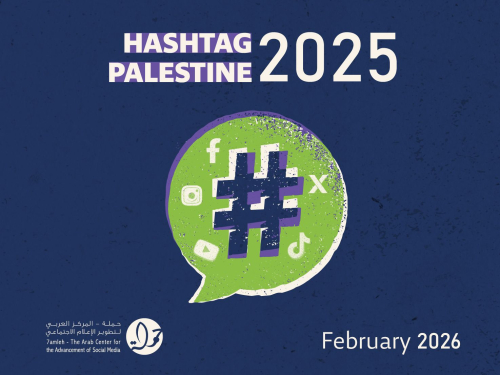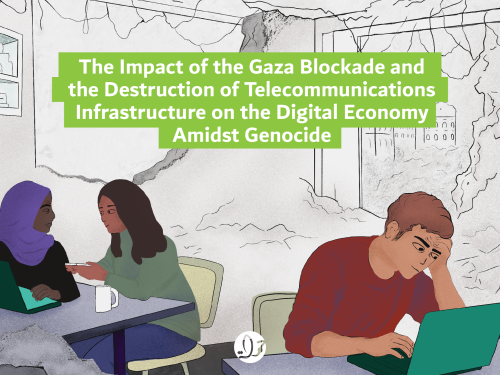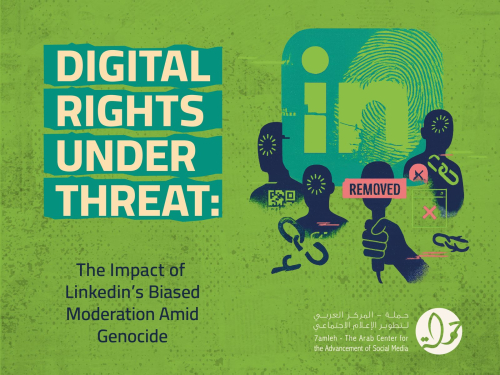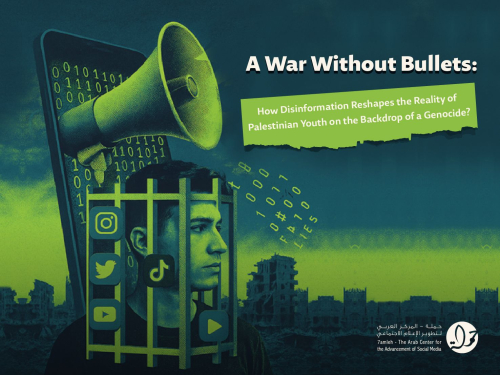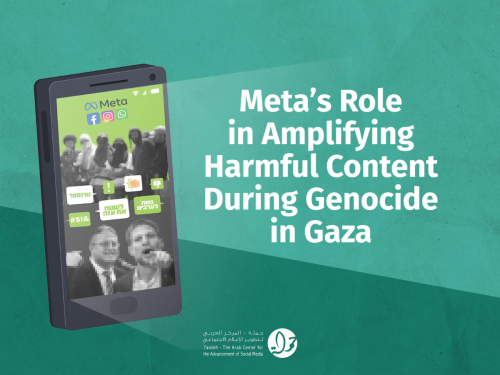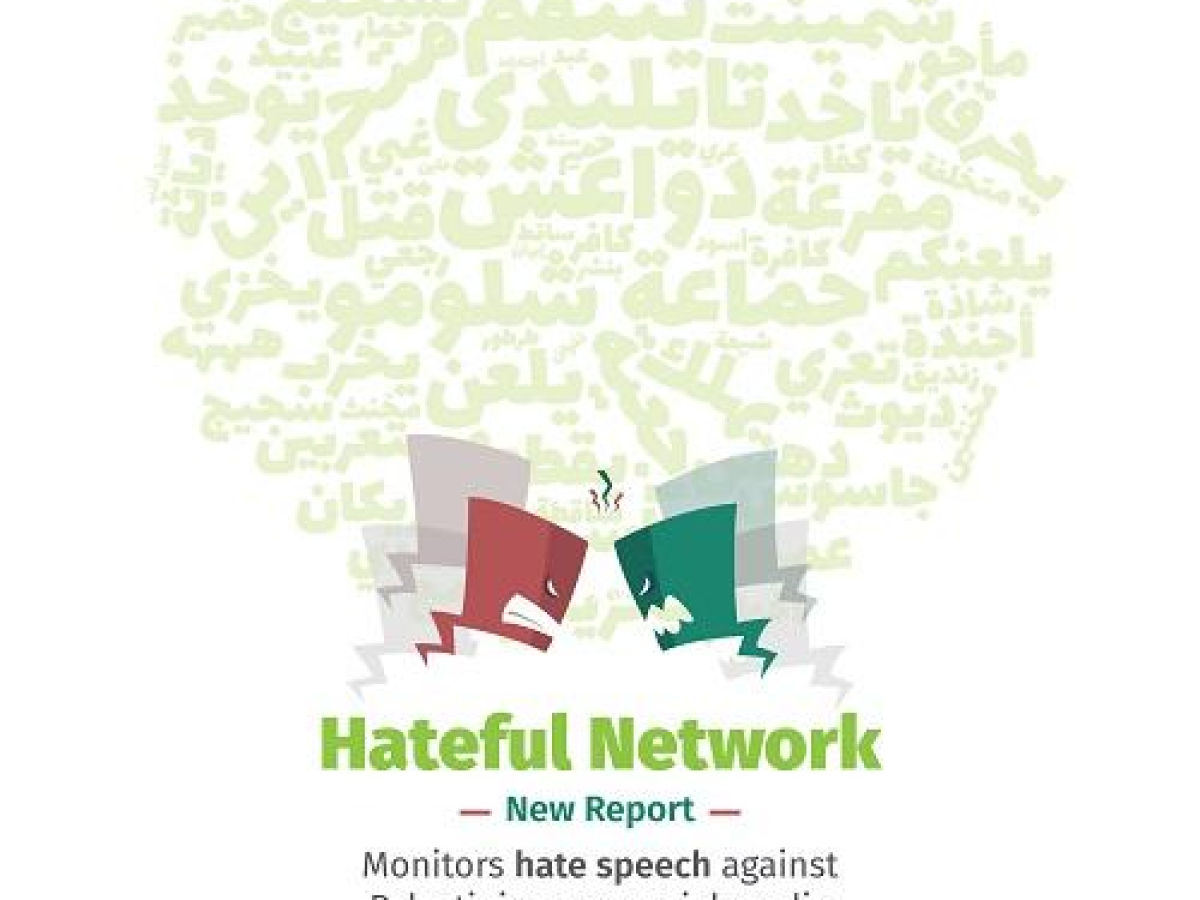
Ramallah - Haifa, September 30, 2021 - 7amleh - The Arab Center for the Advancement of Social Media has launched a new study entitled, “Hateful Network: Hate Speech on Social Media Platforms Among Palestinians and its Impact on Their Digital Rights,” which sheds light on the spread of hate speech among Palestinians in the digital space and its repercussions on their digital rights.
The study indicates a noticeable increase in the use of hate speech among Palestinians on social media platforms, influenced by events and tensions in regional politics, as well as by global events generally. Hate speech is influenced by internal disturbances and changes in the Palestinian scene, particularly at the social and political levels, whether In the West Bank, Gaza Strip, Jerusalem, or in the1948 territories. With the expansion of the virtual space, and the increasing presence on social media platforms, the behavior of Palestinians on virtually has become a mirror of what is happening on the ground. The dynamics of using social media and participation in shaping the Palestinian public discourse contribute to placing Palestinian digital rights at risk, not only by the Israeli authorities and companies, but also by the Palestinian Authority in the West Bank and the de facto authority in the Gaza Strip, as well as the societal authority, which is represented by customs, traditions, and dominant narratives in the Palestinian context.
The results of the study showed that more than 71% of Palestinians believe that hate speech among Palestinians is spread on social media platforms. The results indicate that 85.7% of Palestinians were exposed to hate speech on Facebook, followed by 11.4% on Instagram. This is due to the fact that Facebook is the most popular and used social media platform among Palestinians. 45.4% of the respondents indicated that the highest rate of hate speech on social media platforms among Palestinians, is related to political views. 7.9% of the respondents indicated that hate speech, which is prevalent on social media platforms among Palestinians, is related to religion.
The study follows the origins of hate speech, analyzing its historical context, as Palestinian hate speech is rooted in the Palestinian public discourse, and stems from the Palestinian political experience represented by the 1948 Nakba and the 1967 Naksa and its outcomes. For Palestinians, geographical closure due to the occupation, and the lack of exposure to diversity, in addition to intellectual closure in schools and traditional curricula, contribute to the increase of hate speech. Part of hate speech also appears in the form of organized speech, orchestrated by the political authority — the Israeli authority, the Palestinian Authority, and the de-facto Authority in the Gaza Strip.
The study presented a set of recommendations to confront hate speech on social media platforms among Palestinians. The recommendations revolved around the principle of "confronting speech with speech.” They also emphasized the necessity of translating this into practical steps, through immediate and rapid intervention to confront hate speech, emphasizing the difference between freedom of expression and hate speech, and organizing activities that combat or resist hate speech on social media, as well as the need to build media education for all.
To read the full study: CLICK HERE
Related Articles
Subscribe to Our Email Alerts
And stay updated with our latest activities, news, and publications!

